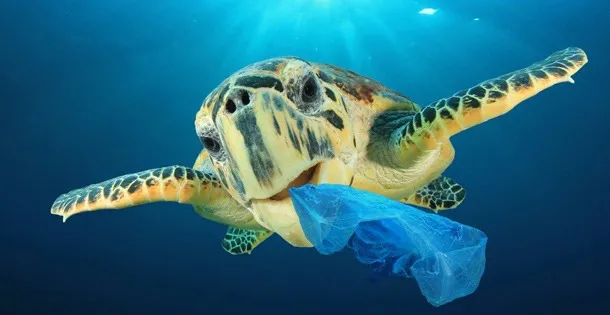What do chimpanzees eat? : Jane Goodall
When fruit is in short supply, chimpanzees will eat various types of leaves, flowers, tree bark and seeds. LCRP is a Liberian NGO, collaborating with local and international partners in caring for current chimpanzee residents and the development of long-term strategies to combat the illegal trade of chimpanzees and other protected wildlife. Chimpanzees Doeat.top Nutrients in animal diets have a vast repertoire of barks, hoots, and grunts to communicate with one another. Researchers have learned at least 32 different calls, with other call meanings still being disputed. The most well-known chimp vocalization is the pant-hoot, a series of inhaling and exhaling “hoo hoo” sounds meant to signal many things including food, location, greetings, and threats.

These findings demonstrate that chimpanzee foods in some habitats are mechanically more demanding than previously thought, elucidating the broader evolutionary constraints acting on chimpanzee dental morphology. Similarly, these data can help clarify the dietary mechanical landscape of extinct hominins often overlooked by broad C3/C4 isotopic categories. To investigate the mechanical variance in chimpanzee diets, we measured the mechanical properties of commonly consumed plant foods of two communities inhabiting rather disparate environments.
Once they finally left the area, caregivers went in and found a small slug was slowly inching it’s slimy way across the floor and was blocking their path. We’ve observed that Noel is afraid of millipedes, she even alarm calls when she sees them! Caregivers have to remove them from her sight before she will calm down. She has also been seen throwing items at the millipedes to get them to leave the enclosure. Jurita has dug into the clay earth to get at an ant hill for some tasty treats.
Thus, she had manufactured a tool of a particular length that was more or less devoid of protruding leaves. Moreover, the tiny hooks that remained on the fern stalk after the stripping action might serve to increase efficiency in gathering fine algae that might otherwise slip off of a completely smooth stalk. These chimps seem a lot less inclined to eat insects the way their wild cousins do. They are still learning and growing and maybe one day they will decide that insects are yummy. We’ll just keep filling the termite mounds with jam, move the slugs and millipedes for them, and ensure they have all the plant-based protein sources they need to make up the deficit. By learning from one another, the chimps know how to modify, and use sticks randomly from the habitat to fish for their treats.

Whole leaves are sometimes used for wiping sticky mouths and hands after eating fruit. While the chimps may enjoy that snack, the termites might enjoy destroying our structures. Instead, we fill the mounds with jams, jellies, nut butters, and other food items. These naturally attract insects, and the chimps get to enjoy a winger or multi-legged critter with their fruity smear as they use their tools to extract the treats. Deforestation is a major cause of habitat loss for chimpanzees, as trees provide an important source of food and shelter. One of the primary reasons for deforestation across Africa is due to humans replacing forests with farmland, as well as logging, mining, oil extraction, and the building of infrastructure.



